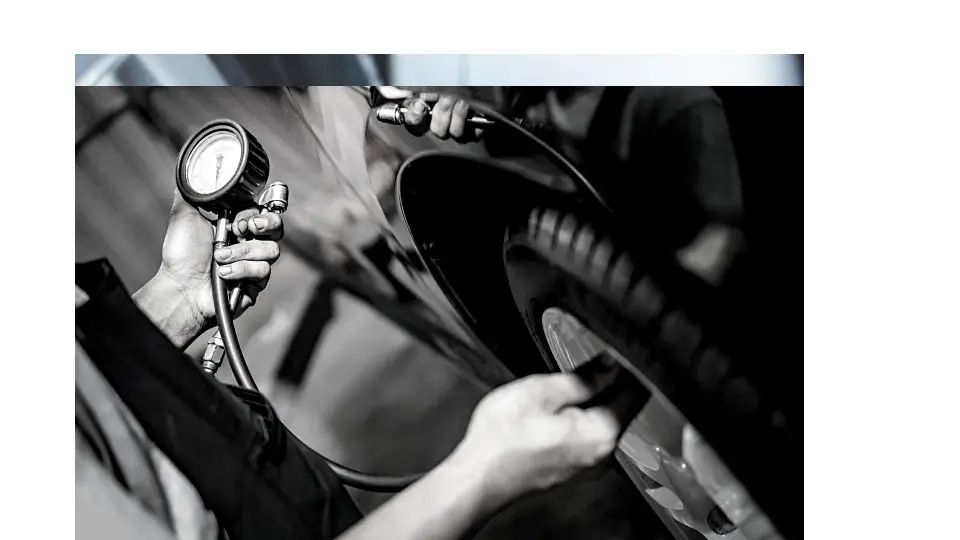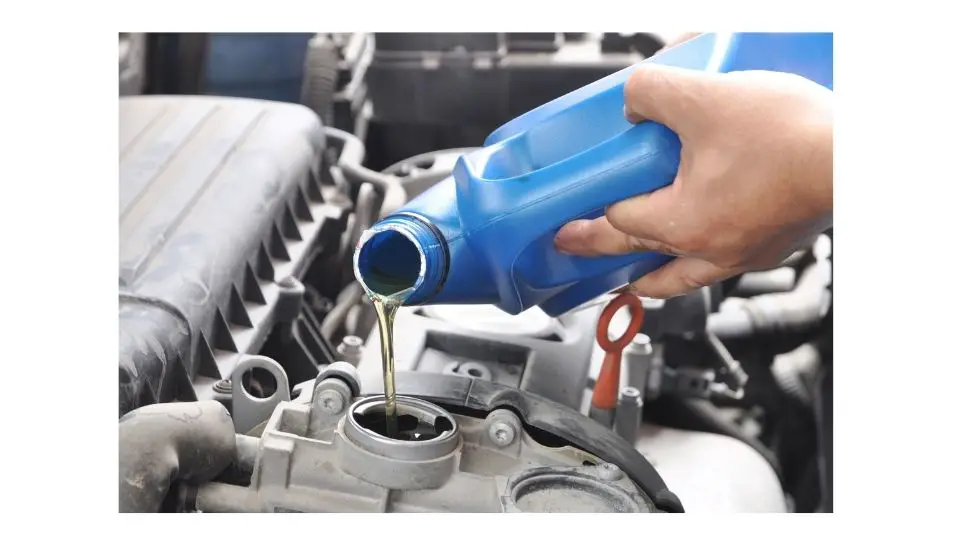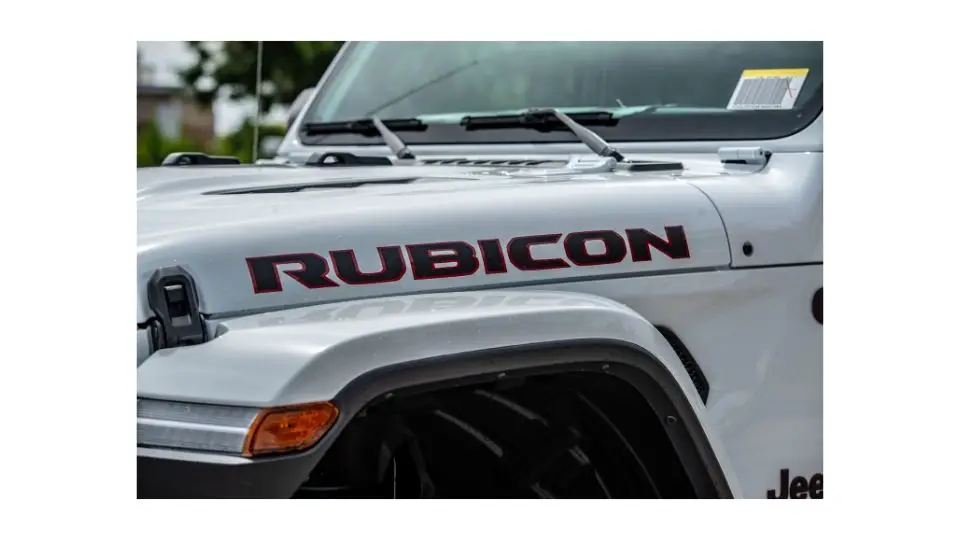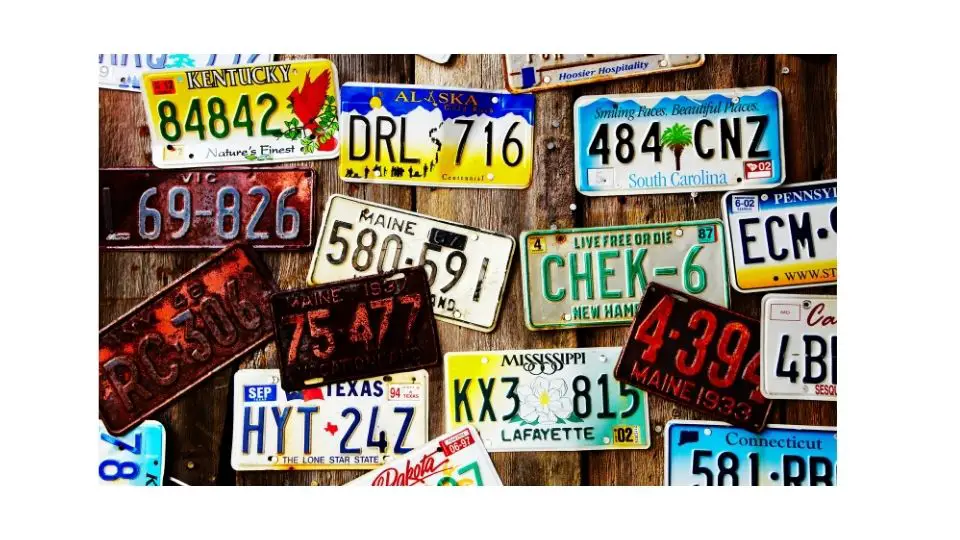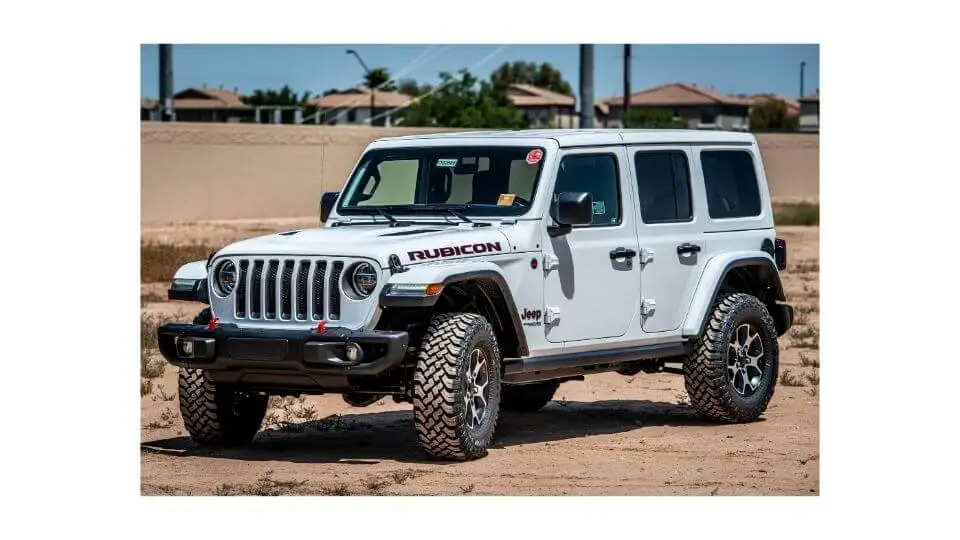So you have just purchased a new Jeep Compass. You have taken it for a drive and now you want to know about Jeep Compass tire pressure. But you are not sure where to start. This article is for you!
Your tire pressure is important. With this Jeep Compass tire pressure guide, you’ll learn why tire pressure is important and what impact improper tire pressure will have on your car.
Recommended Tire Pressure for Jeep Compass
The recommended tire pressure for Jeep Compass is 33 psi which is the same as 2.3 bar or 230 kPA (Depending on the unit you use).
It is recommended to always check the tire pressure of your vehicle frequently before taking a trip, even if you don’t plan on driving long distances.
If your vehicle has been sitting for an extended period of time and you are planning on taking longer trips, it may be a good idea to check the air pressure in your tires before leaving for your destination.
Why is the Correct Tire Pressure Crucial?
Tire pressure is crucial to the performance, handling and safety of your vehicle. If the pressure is too low, there will be excess tire flexing and bouncing. This can cause premature wear on your tires, while at the same time increasing fuel consumption and reducing tire life.
If you drive with incorrect tire pressure, you could be risking an accident by losing control of your vehicle. The correct tire pressure will also help reduce rolling resistance and improve fuel economy.
In addition, if you have a flat tire, driving on an underinflated tire can cause it to fail more quickly than if it had been properly inflated.
How to Check Tire Pressure on a Jeep Compass?
Tire Pressure Monitoring System
Compass is equipped with Tire Pressure Monitoring System (TPMS) which alerts you when tire pressure falls below the recommended value. This system should be checked at least once a month. The TPMS will trigger a warning light on the instrument panel when a tire’s pressure falls below the recommended level or if there is a sudden drop in pressure, indicating that one or more tires need attention.
Manual Method
You can also check your tires’ pressure manually by using a tire inflator. This is great because you don’t have to rely on tire pressure sensors which do get worn out over time and can end up being inaccurate. To check your tire pressure, use an accurate tire pressure gauge and inflate each tire to the recommended PSI (pounds per square inch). For example, if your vehicle’s owner’s manual states that you should maintain tire pressure at 33 PSI, then you would want to inflate each tire to 33 psi.
Should all Jeep Compass Tires have the Same Tire Pressure?
Yes, all Jeep Compass tires should have the same tire pressure. The recommended cold tire inflation pressure is 33 psi for front tires and 33 psi for rear tires.
The reason why you should set the same tire pressure on your Jeep Compass is that it helps to improve the handling of your vehicle.
Another reason is the reason for this is that all tires on a vehicle share the load of the vehicle, which means if one tire has less air than another, it will have to work harder to support the weight of the vehicle. This can cause premature wear or even blowout if you are driving at high speeds and hit a bump in the road.
Under Inflated Tires Symptoms
Under-inflated tires can be a safety hazard, as well as a waste of fuel. The tread on the tire wears down more quickly and your vehicle will use more gas. One of the best ways to avoid these problems is to check your tire pressure regularly.
Signs You May Have Under-Inflated Tires:
- Your vehicle pulls to one side when you are driving at highway speeds.
- You may hear a whistling or high-pitched sound while driving.
- The steering wheel shakes when you are making turns at low speeds (when going around corners) or when braking.
Conclusion
If you notice any of these signs, you should have your tires checked. A simple tire pressure check at a mechanic can save you money on gas and prevent damage to your vehicle. If you are still unsure of what the problem is, ask them to help identify it. If you’re more a DIY-guy or girl there are several tools to help you (among others one from Bosch or Ryobi).

